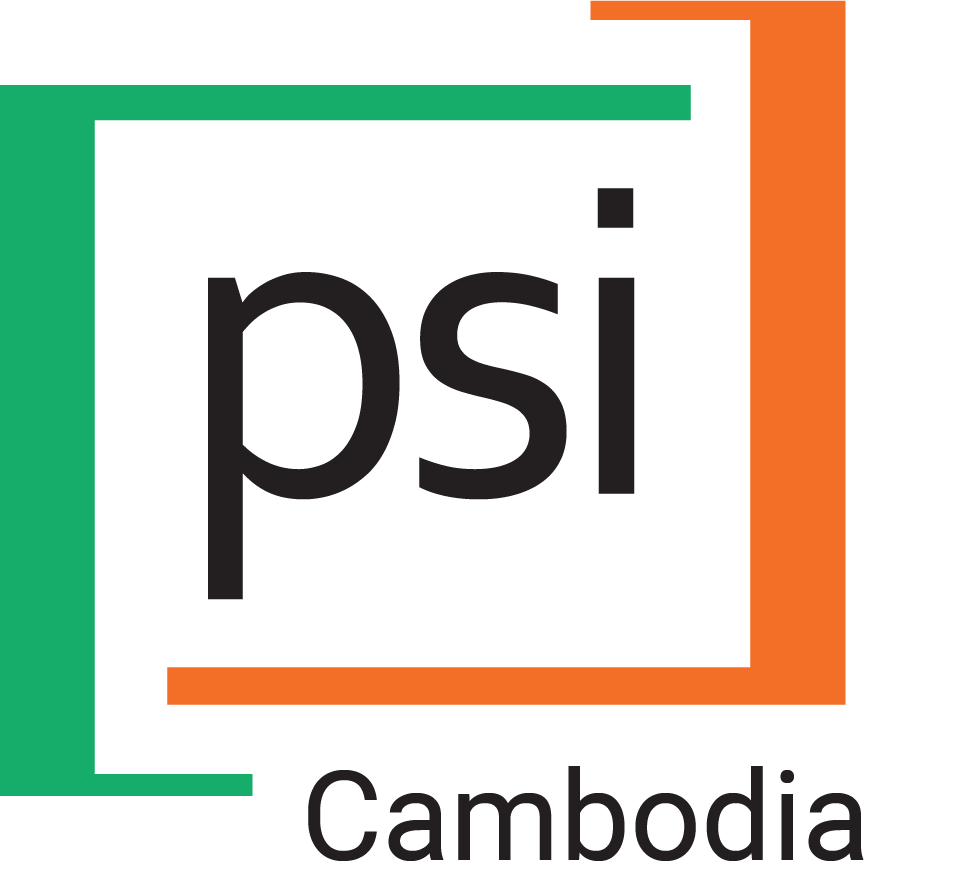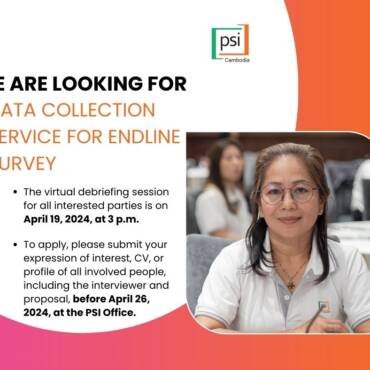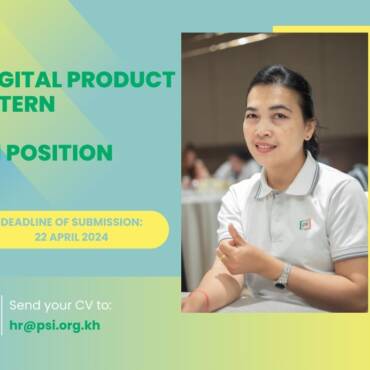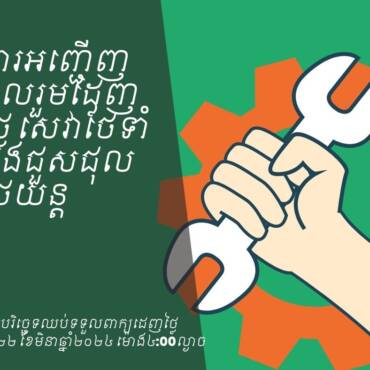We Had No Idea that It Is Unsafe to Drink Well Water!
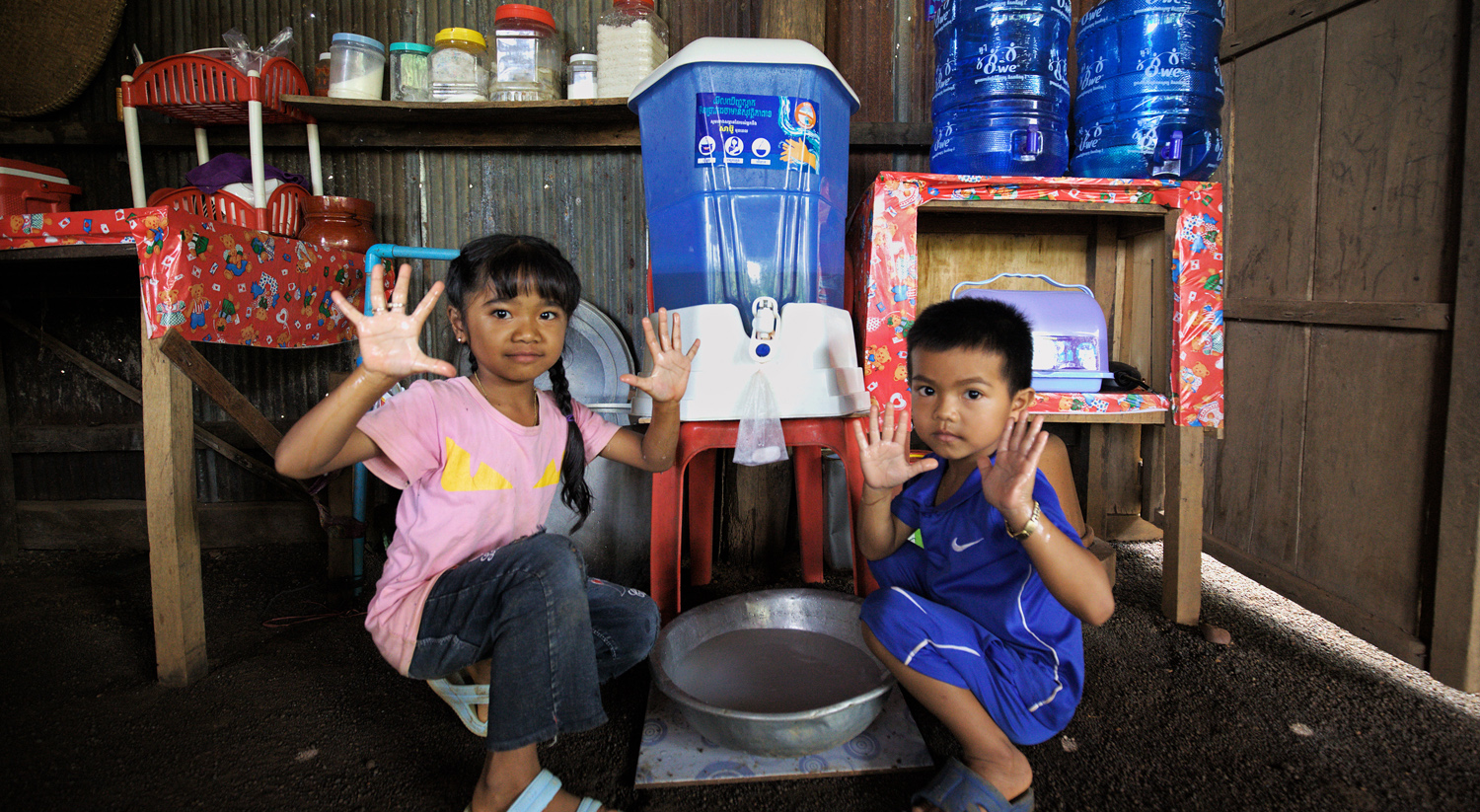
Soklea’s daughter and her cousin show off their clean hands after washing them.
Leng Soklea is 33 years old and resides in the Khlei village with her husband and 2 young children. Her son is 13 and daughter is 7 years old. She and her family lives in a lovely decorated Cambodian style house with lavish and well-maintained garden in her front and backyard. There’s a latrine in the backyard and a well that is situated close to the latrine. Her husband is a farmer, and she is often very busy with her work as the deputy village chief and influencer for a number of projects.
Soklea is a beneficiary turn influencer. She was first introduced to the WASH intervention of the Promoting Healthy Behaviors (PHB) Activity through Interpersonal Communication (IPC) Agents from local NGO Khemara at the village meeting. She stated that she did not have much knowledge about WASH and its connection to diarrhea. Like many villagers, she always thought ground water from the well in her backyard looked clean for drinking. “It was just fast and convenient” said Soklea and this statement describes one of the common misconceptions among villagers. She simply did not realize that the ground water is likely to be contaminated due to its proximity to the latrine.
She reported that she and her family experienced frequent diarrhea and became ill before she took up the WASH key behaviors – store and consume treated water and wash hands with soap at 5 critical times. “We no longer experience diarrhea since we started following the WASH key behaviors” said SokLea. Now she has a handwashing station set up in her house and the household drinks filtered water purchased from vendor.
Soklea became a volunteer influencer when the village chief passed the role to her. She organizes village meeting once a month at her house. She invites villagers to attend to address misconceptions and raise awareness on WASH key behaviors. “I influence others by demonstrating a well set up handwashing station at home” said Soklea. She stated that a major challenge is the set-up cost and the cost of filtered water and that many villagers do not want to or do not have extra money to spend on it. Soklea estimates that roughly around 60% of the villagers do not want to spend money to purchase.
To address this challenge, Soklea, with the support from IPCs, began to instruct villagers to make handwashing stations using existing household items. The village chief is very supportive of the project and she said that he sometimes donates money to buy faucets (2,000 riel) and give away to villagers at community meetings. She hopes that there will be continued education and awareness raising on WASH behaviors and support to purchase faucets to motivate villagers to attend meetings. Soklea has supported 10 households in her village to set up handwashing stations since she became an influencer.
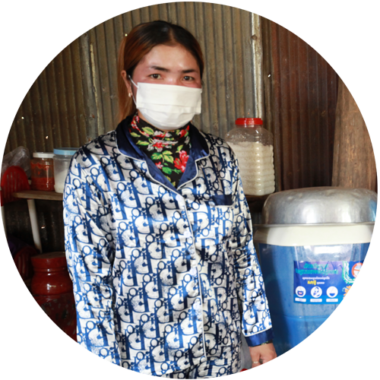
I have noticed that my family doesn’t get sick often since we started washing hands and drinking filtered water. Frequent handwashing and drinking from filtered water keep my family healthy and free from frequent diarrhea.
